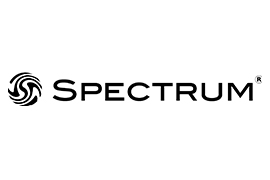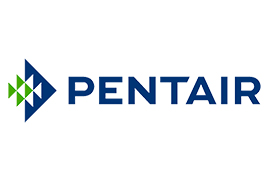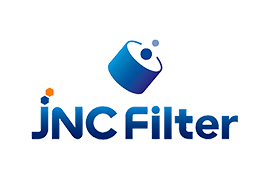Removal of Char from Whisky
Springbank Distillery in Campbeltown, producers of Springbank, Hazelburn and Longrow whiskies was established in 1828 on the site of Archibald Mitchell’s illicit still and today is in the hands of Mitchell’s great, great grandson – the fifth generation of the Mitchell family to own and manage Springbank.
The whisky is still made using traditional methods, making the whiskies the most handmade in Scotland. 100% of the process is carried out onsite (malting, kilning, mashing, fermentation, distillation, cask filling, maturation as well as bottling & labelling). Fileder worked with Springbank Distillery originally to supply an RO unit along with sediment and carbon prefilters for the water they use for reduction.
At a site meeting with the new Director of Production, it was mentioned that the traditional sheet filters in the plate and frame set up supplying the bottling line were soaking up some of the whisky which was making it difficult to hit the loss figures they strive to work to. In addition, the sheet filters were occasionally causing a loss in colour of the final product due to the fine level of filtration (1-2µm) when the sheets were due to be changed.
Fileder presented the solution of replacing the plate and frame with the SPECTRUM Premier Pleated Polypropylene cartridge at 10µm to reduce the level of final filtration and retain the colour in the final product, as well as retaining considerably less whisky than the sheets. This cartridge offers a large surface area and low pressure drop and is made from 98% high efficiency sharp cut-off media. The existing prefilter to the filter sheets was a 20μm string wound which was blocking very quickly.
Fileder suggested swapping this basic technology cartridge with the SPECTRUM TruDepth Premier spun-bonded filters at 50μm and 20μm as they are constructed from finer fibres and feature deep surface grooves to maximise the filtration surface area, increase flow rate, lower pressure drop and maximise dirt holding capability thus extending the service life.
The filtration cascade Fileder specified was initially installed on the semi-automated line and has now been replicated on the faster automated line.
“I am delighted at the positive improvements we have experienced onsite following changing to the Fileder set up from the sheets we used to use. We originally decided on the changes to reduce the losses in spirit we were experiencing but the other improvements we have experienced would be almost reason alone to change and our expectations have been exceeded. The improvements we have seen are below;
- The cartridges are retaining minimal amounts of spirit and there is no leakage from the bottom of the trays. Before with the sheets we were getting an average of 2.18L of wastage per run and now the worst we’ve seen is 1.3L with the average being around 0.4L.
- Reduced filter change outs – previously we would have approximately three changeouts of sheets per 8-hour shift and this took at least 10 minutes per change or longer if there were issues.
- Filter changes are easier and take less time.
- The space saving is impressive with the filter press apparatus and pipework removed as well as the sheet storage area no longer being required.
- The spirit is cleaner than before – we were getting some dirty spirit left over which we were having to add back into the VATs for distribution and re-filtering in the past.
- We have experienced significant cost saving both direct through less losses of spirit as well as indirect through efficiencies as mentioned above.”












